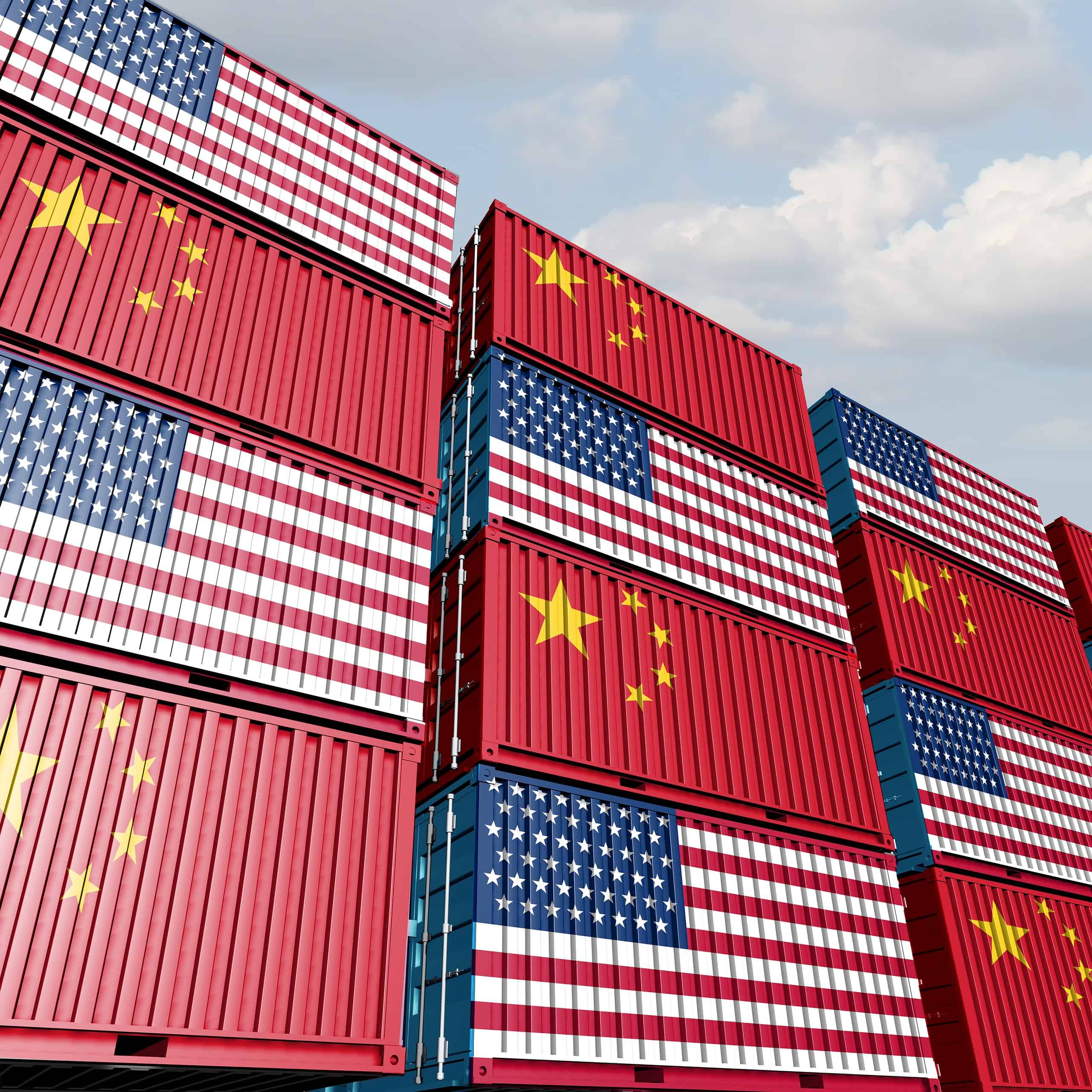Fears about US tariffs hurting China’s economy were overblown. New customs data show that China posted a record $683.5 billion trade surplus this year, with July exports up 7.2% on a year-over-year basis, ahead of economists’ expectations.
Far from eroding Beijing’s global influence, the latest figures suggest that the tariffs may not be having their intended effect. Year-over-year, exports to the US declined 21.7% in July and 16% in June—an improvement over the steeper 34.5% drop recorded in May—as some firms moved to secure inventory ahead of the expiration of a 90-day tariff truce on August 12. The temporary pause followed a series of escalating trade measures, including US tariffs of up to 245% and retaliatory duties from Beijing. Although both sides agreed to suspend further increases to allow for negotiations, the Trump administration temporarily enacted tariffs of 30%. One day before the August deadline, a second 90-day extension, which is now set to expire on November 10, was announced.
Increasingly, data show that tariffs could be steering capital flows into China rather than diverting them. The Trump administration’s decision to impose levies on almost all countries may have encouraged these countries to develop closer trade relationships with Beijing. Some analysts have also speculated that the transshipment of goods through other Southeast Asian nations could be a factor at play.
“This shows that tariffs are not likely to change the economic reality that the US has a dependence on imports and China on exports,” says Yan Liang, the Kremer Chair Professor of Economics at Willamette University. “Even if direct exports from China to the US declined due to the tariffs, China’s exports to other countries, including ASEAN and the EU, have increased enough to offset the decline. At the same time, US imports from countries other than China are likely to rise, and not only as a result of a simple transshipment narrative, but also because many nations rely on a global supply chain where China plays a central role.”
Ultimately, Liang argues, Trump’s tariff crusade could backfire. “It is unlikely that the US can swiftly substitute home production for imports, given the lack of production capacity (infrastructure, labor, supply chain, etc.). Thus, a decline in overall imports will most likely come from reduced demand, which is not good for the economy.”




